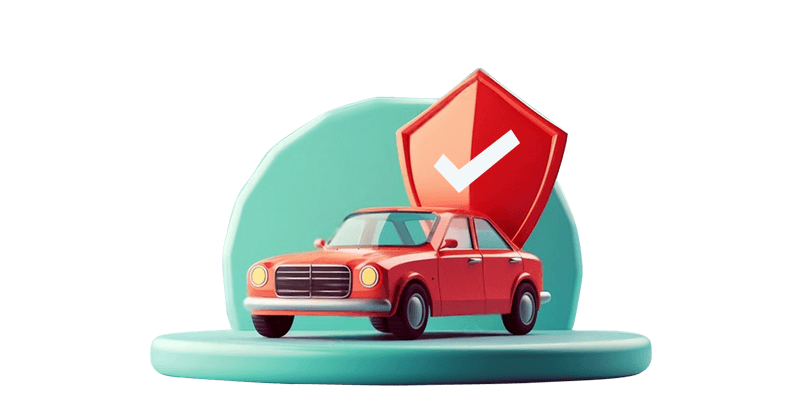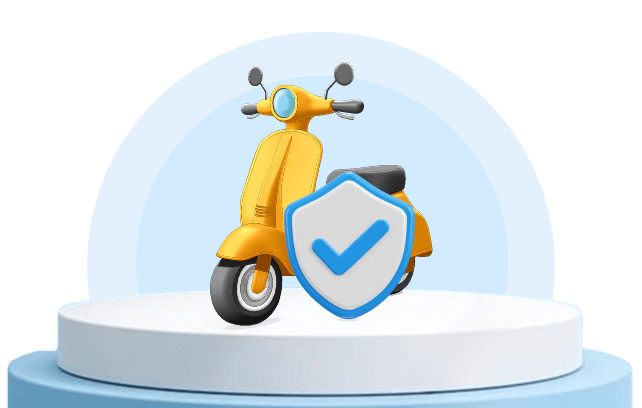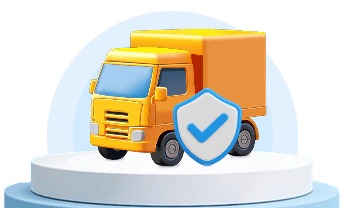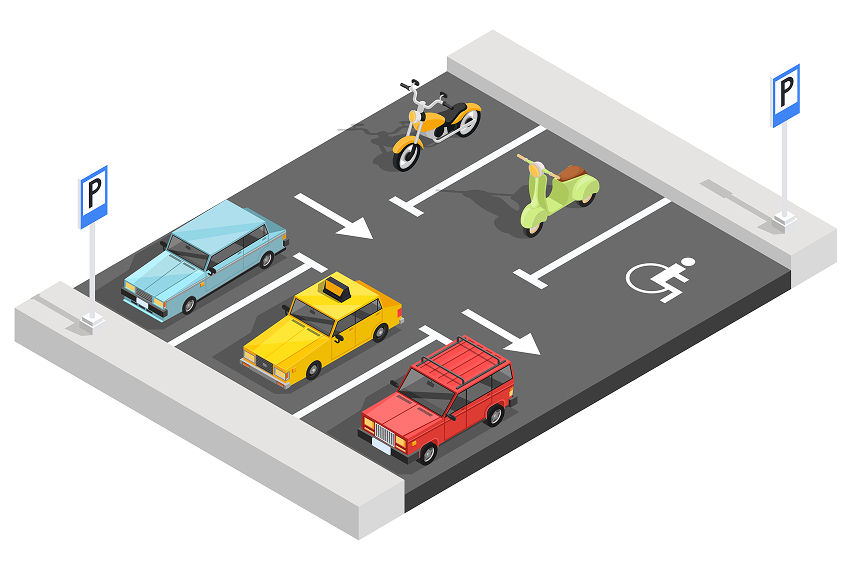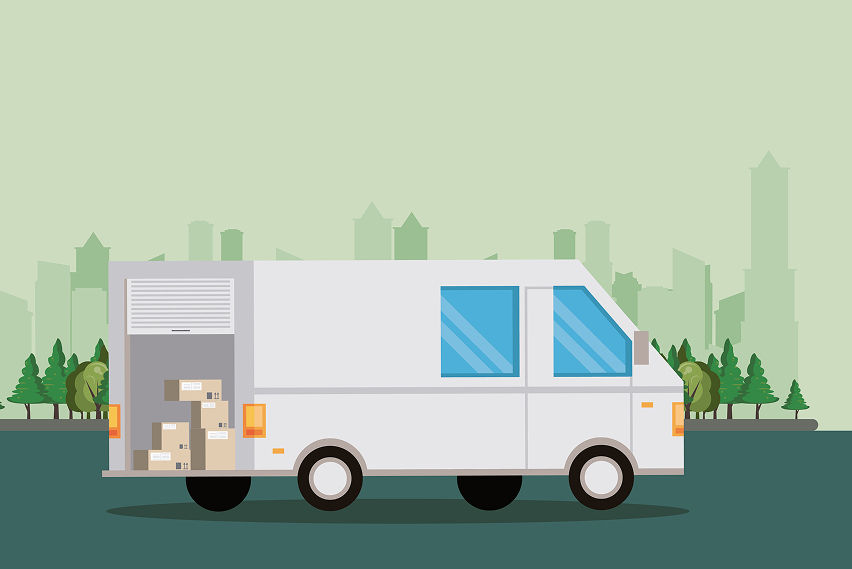
Are you aware that car insurance scams are on the rise in the Philippines? Over the years, numerous cases have been filed with the Insurance Commission and other legal bodies by policyholders seeking justice. Therefore, it is crucial to educate oneself about all the bad that’s out there seeking innocent policy buyers.
Since car insurance is mandatory in the Philippines, there is no escaping it. It is crucial to understand the most common industry scams and learn how to avoid them, thus saving yourself from unwanted stress, financial loss, and legal trouble.
In this article, we have attempted to expose all the issues that plague the Philippines' car insurance market. From fake policies and fraudulent agents to staged accidents, we have covered it all. So, without further ado, let’s begin..
Basics of car insurance in the Philippines
Before discussing some of the most common and dangerous car insurance scams in the country, it is essential first to clear some basic concepts. Only when you have a proper understanding of how car insurance works will you be able to spot inconsistencies when dealing with a fraudulent agent or provider.
Also Read: What is car insurance, and why does every Filipino driver need car insurance
Mandatory vs. Comprehensive insurance
In the Philippines, car insurance is categorised into two types: mandatory and comprehensive. The former concerns Compulsory Third-Party Liability (CTPL) insurance that is required by law and is needed for vehicle registration at the LTO. The latter, i.e., comprehensive insurance, is optional but highly recommended.
What about coverage? CTPL insurance covers injuries or death of a third party in case of an accident involving the insured unit—no protection is offered to the car owner or the car itself. Comprehensive insurance offers wide coverage to the policyholder against theft, damage, accidents, fire, floods, and other related risks.
Also Read: CTPL vs. Comprehensive Car Insurance: What’s the Difference?
Insurance cost? The premium, which is the regular charge by the provider, depends on several factors, including car value, make, model, coverage, provider, driver’s driving record & location, and claim history. Additionally, out of the two options—CTPL and comprehensive insurance —the former is more affordable, starting at PHP 560, while the latter costs PHP 750.
Understanding insurance claims
 Photo from Shutterstock
Photo from ShutterstockIn the event of an accident, collision, or damage to the car due to any other cause, the policyholder can request compensation from the insurer by filing a claim. The process involves informing the provider as soon as possible after the incident, submitting the required documents along with the duly accomplished claim form, cooperating with the adjuster, and waiting for approval. After the approval, you’ll receive a payout.
Note that knowing all this is essential, as in the case of a scam, there will be premium payments but no valid coverage.
Also Read: How to file a car insurance claim in the Philippines (and get approved faster)
Can insurance scam policyholders watch out for
Scam 1. Getting a ‘too good to be true’ insurance plan
If you come across a deal that seems too good to be true compared to other offers, we recommend taking it with a grain of salt, as it is likely a scam. So, if a comprehensive insurance policy is priced at unbelievably low rates, be cautious.
Scam 2. Fake insurance documents
Fraudsters create real-looking, fake insurance policies that are of no use. It is pretty difficult to recognise such ghost policies, as they often showcase a near-perfect layout; however, in reality, they aren’t registered with the Insurance Commission and are therefore useless. In many cases, car owners fall victim to such policies and realise the scam pretty late, usually at the time of filing a claim.
Scam 3. Fake and unauthorised brokers
Try to stay clear of unlicensed individuals who pose as ‘insurance representatives’. They will pursue buying a policy, collect payment, and then disappear into thin air. Here are a few common characteristics you’ll find in such fake agents: active advertisements on social media sites and marketplaces, fast claim approval and low premium promises, and unusually high discounts & offers.
Scam 4. Premium payment scam
Another common trick adopted by insurance scammers involves pretending to be a representative of a legitimate company, where they’ll ask the policyholder to make the premium payment into a personal account rather than through the company's official channel.
Scam 5. Reselling expired or duplicate policies
As policyholders become more conscious, scammers are also becoming increasingly sophisticated, and so are their tricks. Instead of selling fake policies that might look suspicious to buyers, expired or duplicate policies are used.
Scam 6. Staged car accident
Fake car accidents intentionally caused by fraudsters are staged to facilitate claims filing. This also includes inflating the claim by exaggerating the damages.
Scam 7. Exploitation by repair shop & adjuster
Some repair shops and adjusters work together to exploit the client. Here, unnecessary repairs are showcased to increase the insurance costs, which could lead to cancellation of the policy.
Scam 8. Hidden clauses & tricks to deny claim
Some not-so-good, shady insurers include confusing terms and hidden clauses in their policies that give them the power to deny perfectly justified claims.
Also Read: How to switch providers when your car insurance is about to expire
Tips to protect yourself from insurance scams
- When approached by an insurance agent, always confirm their identity and authenticity by verifying their license ID with the Insurance Commission.
- When selecting an insurance provider, always choose one that is registered with the Insurance Commission.
- When making a premium payment, ensure that you collect an official receipt. This way, you’ll have a record of the transaction.
- Before finalising an insurance provider/agent/broker, make it a point to check the customer reviews.
 Photo from IDfy
Photo from IDfyRed flags to identify a car insurance scam
If you experience any of the following situations, be cautious, as it may be a scam.
- The insurance agent/broker is not providing an official receipt and certificate of registration.
- Insurance agents/brokers often provide inconsistent contact details, giving a fake office address and an untraceable mobile number.
- An insurance agent/broker is offering a significantly low premium compared to market rates.
Falling into the trap? Here is what to do
Even after taking all the precautions, if the scammer is still able to make you fall into the trap, here’s what you can do -
- Report the matter to the Insurance Commission; here, you can file a written complaint of the transaction.
- Involve the local police department; they will assist in investigating the matter and help catch the culprit.
Also Read: From confused to confident: Car insurance tips for first-time Filipino drivers
Authorised insurance providers in the Philippines
Here are a few legitimate car insurance providers (authorised by IC) in the country that you can associate with without any hesitation -
- Prudential Guarantee
- Malayan Insurance
- MAPFRE Insurance
- AXA Philippines
- Pioneer Insurance
- SGI Philippines
- BPI MS
- Perla Compañía de Seguros, Inc.
- Country Bankers Insurance Corporation
- Mercantile Insurance Company, Inc.
- Asia United Insurance, Inc
- Cocogen Insurance
- Fortune General
- Allied Bankers Insurance Corporation
With so many options on offer, here’s how you can choose a reliable insurance partner -
- Before finalising a provider, compare at least three to four quotes.
- Don’t opt for a provider just because it’s cheap.
- Check for IC’s accreditation.
- Choose a provider with 24/7 customer service and a proven track record of quick claim settlements.
Bottom line
When selecting an insurance provider or agent, choose well-established names that have solid backing from the Insurance Commission. This way, you know that you’re dealing with a genuine company or authorised personnel and not a fraudster. However, there are a few red flags that highlight potential malpractice, such as agents not providing Official Receipts for premium payments, offering inconsistent contact information, and pressuring cash payments or payments to personal accounts.
Remember, car insurance is vital, and so is staying protected from fraudsters and made-up schemes. Choose wisely and safeguard both your car and money.
Also Read: To-do list after getting a car insurance policy
FAQs
Q1. What is the best way to find a trustworthy insurance provider or agent?
Ans. Ensure that you choose an insurance provider that’s well-known and authorised by the Insurance Commission.
Q2. Can I switch to a new provider after being scammed by an agent?
Ans. Yes, however, this time make sure it is an IC-accredited provider.
Q3. Are repair shops too part of the insurance scam?
Ans. Not always, however, some partners work with corrupt agents and charge clients for unnecessary repairs.
Q4. Why do some insurance providers delay claim approvals?
Ans. They do so to investigate the chances of fraud/staged accidents, false information, and to verify the completeness of the documents.
Q5. When should I renew my car insurance policy?
Ans. Most car insurance policies are valid for a year, commencing on the day of purchase. Renewal should occur annually, preferably before the policy's expiry date.
Q6. Can I renew my expired insurance policy?
Ans. Yes, contact your insurer and initiate the renewal process. However, stay away from buying ‘resold’ expired policies.
Q7. What is the most common car insurance scam in the Philippines?
Ans. One of the most common scams involves fake insurance agents selling ghost policies.
Q8. What if I unknowingly buy a fake policy?
Ans. File a report with the IC and procure a new, legitimate policy, as technically you are uninsured, which is illegal in the Philippines.
Q9. How should I confirm if an insurance agent is genuine?
Ans. You can ask the agent for their IC license number and verify it on the official IC website.
Q10. How to verify if an insurance policy is legitimate?
Ans. Check it with the insurance provider or the Insurance Commission.
Q11. What should I do if my claim is unfairly denied?
Ans. In such cases, you can request a written explanation from the provider and correct any faults/shortcomings. If that doesn’t work, take the matter to the IC.
Q12. What documents are required to file an insurance claim?
Ans. You are required to submit the following documents: vehicle registration or certificate of registration, police report, valid ID, and insurance policy.
Q13. What are staged accidents, and are they dangerous?
Ans. Staged accidents are intentionally created to facilitate insurance fraud. They are highly dangerous, as they can lead to legal trouble and high premiums.
Q14. How to avoid a premium collection scam?
Ans. You can do so by paying the premium through official payment channels and using your bank account.
Q15. Is buying car insurance policies online a safe option?
Ans. Yes, only if the deal is completed via the provider's official website or a legitimate third-party provider, such as Zen Insure.
Also Read: Common misconceptions about car insurance add-ons in the Philippines
